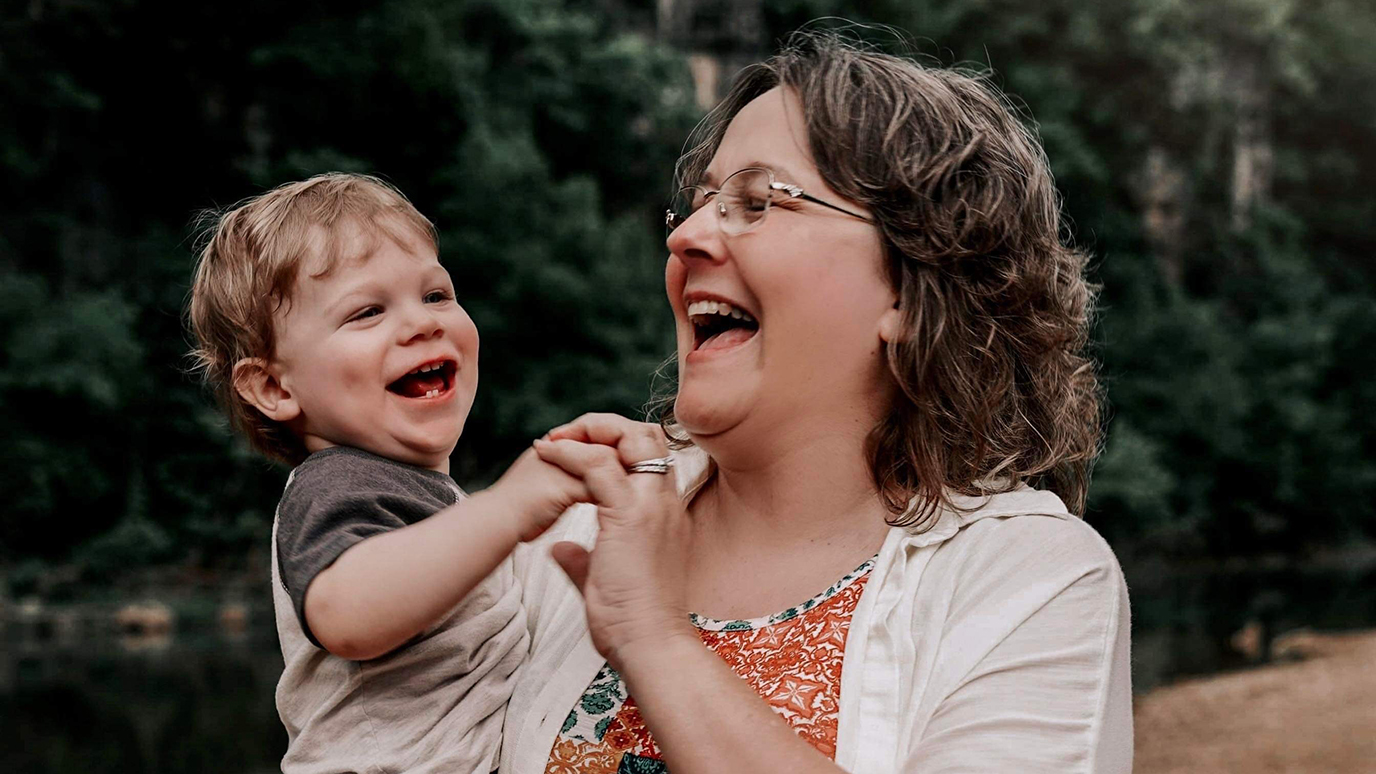- Diseases
- Acoustic Neuroma (14)
- Adrenal Gland Tumor (24)
- Anal Cancer (66)
- Anemia (2)
- Appendix Cancer (16)
- Bile Duct Cancer (28)
- Bladder Cancer (68)
- Brain Metastases (28)
- Brain Tumor (228)
- Breast Cancer (716)
- Breast Implant-Associated Anaplastic Large Cell Lymphoma (2)
- Cancer of Unknown Primary (4)
- Carcinoid Tumor (8)
- Cervical Cancer (154)
- Colon Cancer (164)
- Colorectal Cancer (110)
- Endocrine Tumor (4)
- Esophageal Cancer (42)
- Eye Cancer (36)
- Fallopian Tube Cancer (6)
- Germ Cell Tumor (4)
- Gestational Trophoblastic Disease (2)
- Head and Neck Cancer (6)
- Kidney Cancer (124)
- Leukemia (344)
- Liver Cancer (50)
- Lung Cancer (288)
- Lymphoma (284)
- Mesothelioma (14)
- Metastasis (30)
- Multiple Myeloma (98)
- Myelodysplastic Syndrome (60)
- Myeloproliferative Neoplasm (4)
- Neuroendocrine Tumors (16)
- Oral Cancer (100)
- Ovarian Cancer (170)
- Pancreatic Cancer (166)
- Parathyroid Disease (2)
- Penile Cancer (14)
- Pituitary Tumor (6)
- Prostate Cancer (144)
- Rectal Cancer (58)
- Renal Medullary Carcinoma (6)
- Salivary Gland Cancer (14)
- Sarcoma (236)
- Skin Cancer (294)
- Skull Base Tumors (56)
- Spinal Tumor (12)
- Stomach Cancer (60)
- Testicular Cancer (28)
- Throat Cancer (90)
- Thymoma (6)
- Thyroid Cancer (98)
- Tonsil Cancer (30)
- Uterine Cancer (78)
- Vaginal Cancer (14)
- Vulvar Cancer (18)
- Cancer Topic
- Adolescent and Young Adult Cancer Issues (20)
- Advance Care Planning (10)
- Biostatistics (2)
- Blood Donation (18)
- Bone Health (8)
- COVID-19 (362)
- Cancer Recurrence (120)
- Childhood Cancer Issues (120)
- Clinical Trials (622)
- Complementary Integrative Medicine (24)
- Cytogenetics (2)
- DNA Methylation (4)
- Diagnosis (226)
- Epigenetics (6)
- Fertility (62)
- Follow-up Guidelines (2)
- Health Disparities (14)
- Hereditary Cancer Syndromes (122)
- Immunology (18)
- Li-Fraumeni Syndrome (8)
- Mental Health (118)
- Molecular Diagnostics (8)
- Pain Management (62)
- Palliative Care (8)
- Pathology (10)
- Physical Therapy (18)
- Pregnancy (18)
- Prevention (890)
- Research (388)
- Second Opinion (74)
- Sexuality (16)
- Side Effects (602)
- Sleep Disorders (10)
- Stem Cell Transplantation Cellular Therapy (216)
- Support (404)
- Survivorship (322)
- Symptoms (184)
- Treatment (1768)
Diagnosed with cancer while pregnant? Here’s what to expect
5 minute read | Published October 18, 2024
Medically Reviewed | Last reviewed by Bora Lim, M.D., on October 18, 2024
Discovering you’re pregnant can be one of the most joyous experiences of your life. But what happens if you also receive a cancer diagnosis — either right before, just after or even at the same time?
Here are seven things to expect.
1. You’ll need the help of experts
The way forward for any pregnant cancer patient really depends on how early you learn the news.
I tend to treat younger women with inflammatory breast cancer, so a lot of my patients find out they have cancer before learning that they’re pregnant. They come to me because they’ve noticed something odd about their breasts. But we always administer a pregnancy test before starting treatment.
Once someone knows that they’re pregnant and have cancer, though, they’ll need to seek out both a high-risk obstetrician and a specialized oncologist to manage their care. We can help MD Anderson patients find both.
2. The course of your treatment will likely change
Anesthesia can pose a danger to developing fetuses during the first trimester, so you’ll likely have to wait until your second trimester to have any procedure that requires it — whether it’s a surgical breast biopsy, a mastectomy or reconstructive surgery. However, a simple, ultrasound-guided breast biopsy to find out what a troublesome mass is can be safely done, even during the first trimester.
We’ll also delay systemic therapies such as chemotherapy until the second trimester, to reduce the risk of miscarriage and fetal damage.
I can’t speak for any other cancer types, but if you’re willing to work with a team of experts, any type of breast cancer can be treated during pregnancy. Say I have a patient who’s 10 weeks along in gestational age. We’ll go ahead and get a plan in place for her. As long as our collaborating high-risk obstetrician confirms the safety of the fetus, we’ll get her consent forms signed and all of her required scans and infusion plans lined up so that she can start treatment as soon as she reaches the 12-week mark.
3. We’ll make modifications to your imaging procedures
Imaging plays an important role in both the diagnosis and staging of cancer. But we make modifications to protect a pregnancy.
We have lead aprons we can drape over the abdomen to shield the fetus from excess radiation during chest X-rays, for instance. We can also do ultrasounds instead of MRIs to see if a cancer has spread. We might still recommend an MRI in really complicated cases, but that would be extremely rare.
4. Your oncologists will rely on older, well-established medications
A lot of my younger pregnant patients ask why they can’t just be treated for cancer with a pill, like some of their friends. Usually, they’re referring to targeted therapy and immunotherapy.
But some of these drugs haven’t been around long enough or used in enough pregnant patients yet for us to know if they’re safe. Others, such as immunotherapies, have already proven harmful to developing fetuses, so those should be avoided. And high levels of hormones are needed for a fetus to grow properly, so if a cancer is hormone-dependent, a lot of targeted therapies and endocrine therapies aren’t options.
Fortunately, we have three decades of long-term data showing that women who received certain old-school chemotherapy agents while pregnant are still doing well today. Their children are, too.
So, even if someone has a small, estrogen-dependent cancer, we can still use one of the older chemotherapy combinations — doxorubicin (Adriamycin) and cyclophosphamide (A/C) — because it’s known to be safe to both mother and fetus during pregnancy. We also partner with highly trained maternal-fetal medicine obstetricians, who monitor the fetus’ health before each cycle of chemotherapy is introduced.
5. Nausea might not be a problem
You might think that pregnancy plus cancer treatment equals uncontrollable nausea. But that’s not necessarily the case.
It’s true that during pregnancy, certain brain receptors change to make the threshold for nausea much lower. But that innate adjustment to morning sickness may be precisely why some pregnant women find they can get through the A/C chemotherapy regimen without any problem.
Since you want to avoid medication as much as possible during pregnancy, that’s a great unexpected side benefit. If you do need medication to help control your nausea, though, rest assured: we have several options that are known to be safe during pregnancy.
6. We’ll likely pause any chemotherapy by week 33 to 35
The typical lifecycle of chemotherapy in the body is three to four weeks. Natural labor and C-sections don’t usually take place earlier than 37 weeks gestation, when the mother’s body starts going through changes to welcome the baby into the world.
We don’t want to give any chemo beyond that, as it could affect the circulation of the placenta. We also want to ensure that there have been no changes to the amniotic fluid.
We wouldn’t want an expectant mom to be in a position where she’s still dealing with chemotherapy’s side effects during labor, either. So, we’ll normally time her treatments so that she receives her last chemotherapy infusion by weeks 33 to 35.
Everything has to be evaluated on an ongoing basis, of course, and every patient’s situation is different. But our goal is to make sure that the cancer doesn’t grow back, that both mom and baby stay healthy, and that they’ll have many happy, healthy years together.
7. Talk with your doctor before getting pregnant again
We have a large data set showing there’s no tangible risk for a continued positive outcome if some young women take a break from ongoing cancer treatment after two to three years to have another child.
So, if your first pregnancy was also the one in which you dealt with cancer, it might be safe for you to get pregnant again. However, this is determined on a case-by-case basis. Talk to your care team about your specific situation if you want to expand your family further. Careful discussion will be needed first so that you can make an informed decision.
Bora Lim, M.D., is a medical oncologist specializing in the treatment of inflammatory breast cancer.
Request an appointment at MD Anderson online or call 1-877-421-1842.
Related Cancerwise Stories

The way forward really depends on how early you learn the news.
Bora Lim, M.D.
Physician





